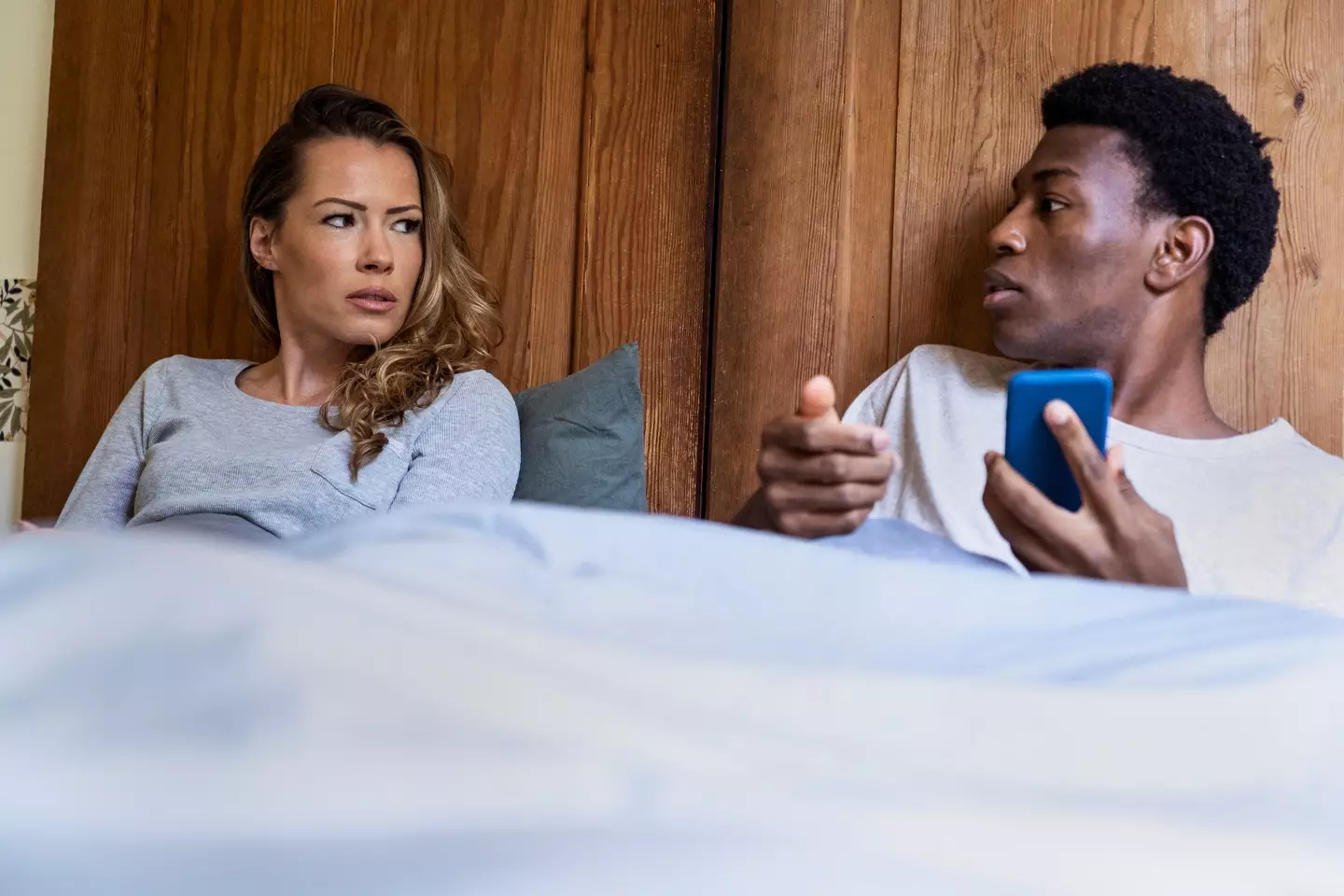A relationship coach has stirred up some controversy by suggesting that if your partner has cheated, it might actually be ‘your fault.’ For many, infidelity represents the deepest form of betrayal and is often seen as a deal-breaker in relationships.
With new forms of infidelity emerging and ongoing debates about what constitutes cheating, it can be challenging to identify the warning signs of a partner being unfaithful. Despite this, few people believe that the person who was cheated on should be blamed for their partner’s actions. However, this is the perspective of one relationship coach.
During an episode of Jay Shetty’s ‘On Purpose’ podcast, Sadia Khan proposed that those who have been cheated on might share the blame because they overlooked certain indicators.

According to Khan, “People don’t usually lie. They may say lies, but they’ll show you their red flags, pretty much from day one.” She continued, “It might be that you caught them in a few lies when you first got with them. You would’ve caught some sign that this person is capable of deeper lies.”
Khan emphasized, “If you pay close attention to your partner, then it’s quite difficult for them to live a whole double life without you catching on.”
Some individuals specialize in uncovering infidelity, such as Cassie Crofts, a private investigator who regularly exposes cheaters.
Cassie operates Venus Investigations in Australia, assisting clients who fear their partners might be unfaithful by conducting thorough dating background checks.
Crofts elaborated on her process during an interview, explaining that it begins by reviewing a timeline with the concerned partner.

“We try, wherever possible, to sort of identify a particular date where we think something’s going to happen,” Crofts said. She continued, “Like, you know, he’s flagged a couple of days in advance that he’s going to be working late, or there’s a trip to go see his cousin and you’ve never heard of this cousin. What’s going on, that kind of thing.”
Crofts also stated, “I sort of build out an investigation plan for them based on what’s a successful outcome. And then we talk through costings and how long we’re willing to do this for, and they get a daily update on where things are at.”
She added, “So occasionally it will have been three days [and] we haven’t found anything, and they’re like, ‘Look, at this point, it looks like he’s doing everything he says he is. We’ll call it there.'”

